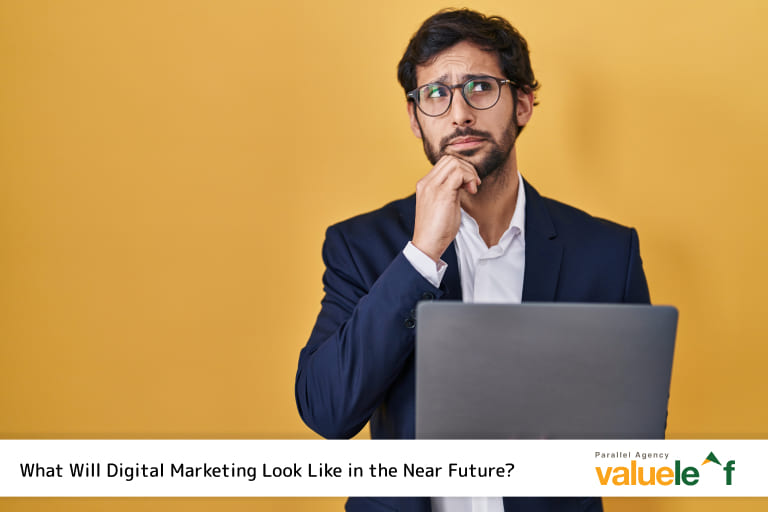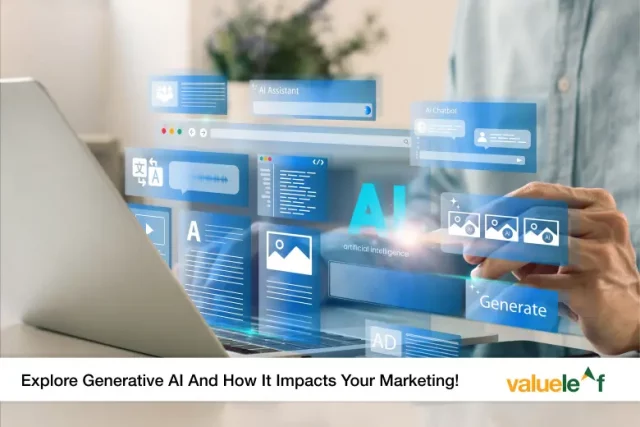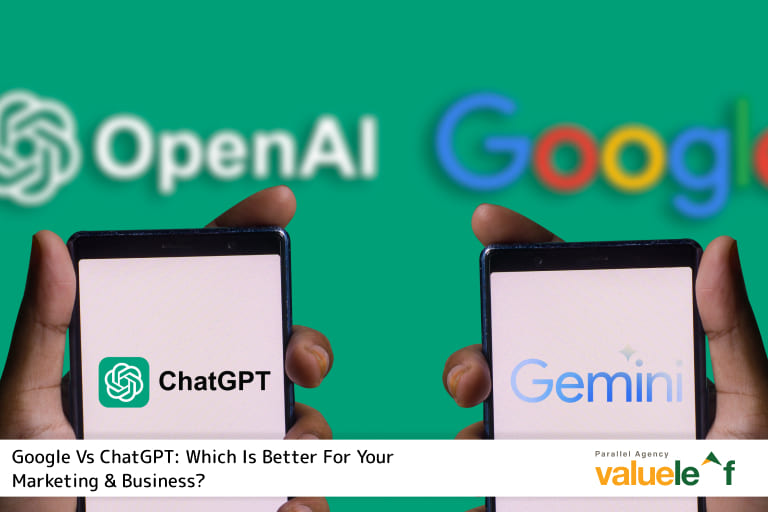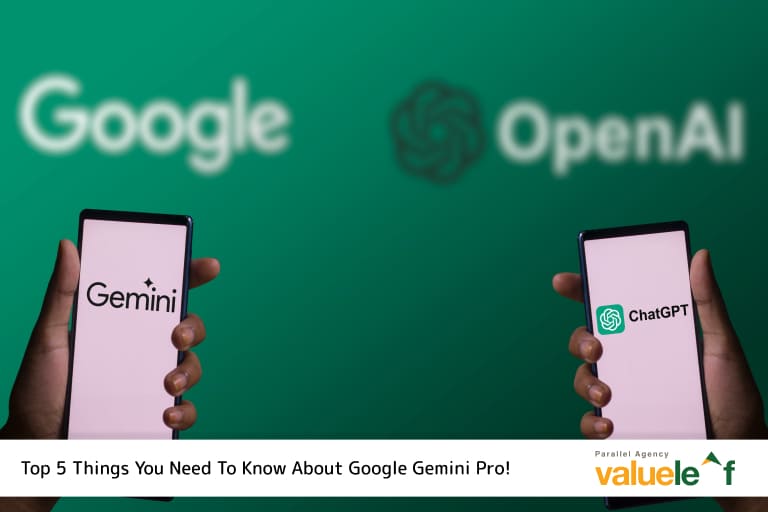It’s the start of a new year, but is it really important to know what Future of Marketing 2025
Yes! Because marketing is changing faster than trends.
The future of marketing is poised for a dramatic shift. Traditional strategies are being set aside, and replaced by innovative, immersive experiences that demand a complete rethink of your strategy. With all the new trends, one thing’s for sure – mass media is fading and hyper-personalization is going to become the norm.
So, where are we headed?
Let’s Start With, What’s Happening In The Present.
Today’s consumers have high expectations – they demand authenticity, shared values, and meaningful brand experiences that resonate on a personal level. At the same time, they’re increasingly sceptical and overwhelmed by the endless promotion flooding their devices.
Traditional interruptive marketing tactics like TV commercials and billboards are losing their impact in this climate.
With all these challenges and opportunities, what will change in the future?
What Will The Future Of Digital Marketing Look Like?
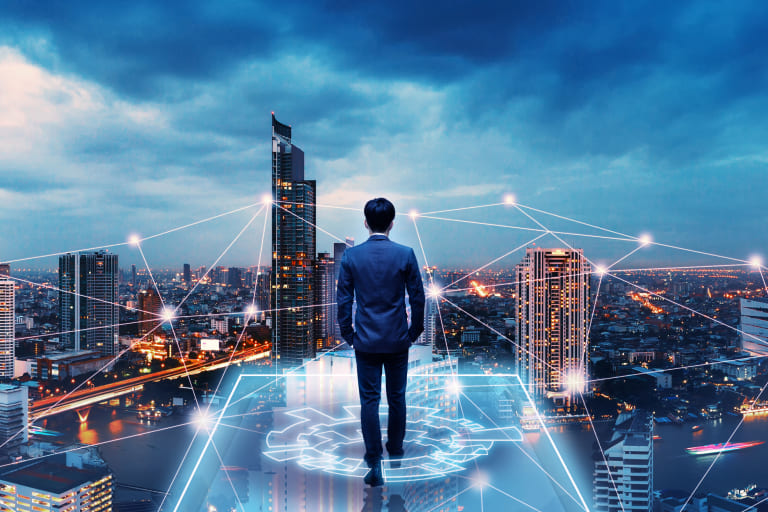
The future of advertising is full of possibilities but let’s attempt to predict the future by the swift currents of technological innovation and shifting consumer behaviors.
For example: We see the rise of data-driven, automated, and AI-optimized approaches. Hyper-targeted social media ads, emotionally intelligent chatbots, and perfectly personalized recommendations. These approaches aim to deliver the right message at the right time on the right platform.
But what else?
Rise Of The Machines
Artificial Intelligence (AI) has already begun reshaping digital marketing, and its influence is set to become significant by 2025. AI-powered content creation, personalized customer experiences, and data-driven decision-making will become standard practices.
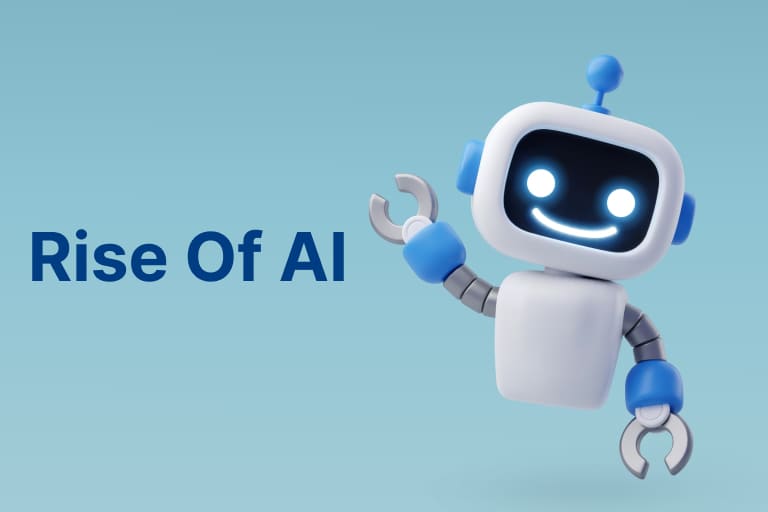
- AI-powered content creation: AI-powered content creation tools can help marketers save time and resources. With AI, they can also produce content that is more relevant and engaging for their target audience. The future of content marketing is bright with AI.
- Personalized customer experiences: AI can be used to recommend products or services to customers based on their past purchases and browsing behaviour. It can create chatbots that can answer customer questions and provide support.
- Data-driven decision-making: AI can be used to identify which marketing channels are most effective for reaching a particular target audience. It can also predict customer behaviour, which can help marketers develop more effective marketing campaigns.
Rise of Immersive Technologies
Immersive technologies have a significant impact on the way we live, work, and learn. In the coming years, they will play an even bigger role in our lives, especially when it comes to how we interact with businesses.
Here are just a few ways that immersive technologies will change how customers experience things.
- Virtual Shopping: Imagine trying on clothes in a virtual fitting room without ever leaving your home. Or, using AR to see how furniture would look in your living room before you buy it.
- Experiential Marketing: Attend product launches, concerts, or sporting events from the comfort of your own home. Immerse yourself in a brand’s story and connect with it on a deeper level.
- Personalized Learning: Learn new skills or explore new worlds through immersive simulations. Get hands-on training without the risks or costs associated with traditional methods.
- Improved Customer Service: Get help from a customer service representative who can see what you see and guide you through troubleshooting steps in real-time.
Voice-Activated Everything
Smart speakers and voice assistants are becoming omnipresent. Soon, voice will be the primary access point for everything we do, from searching for information to controlling our homes and even making purchases.
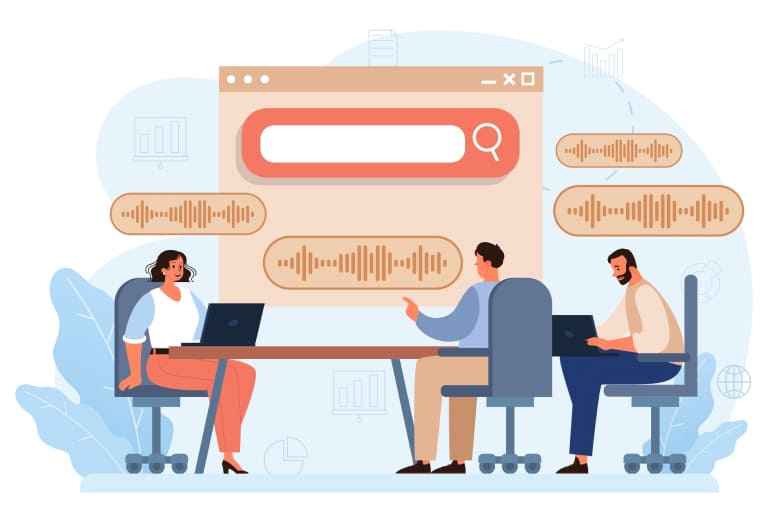
To be relevant in this voice-first world, businesses and creators need to adapt:
- Content: Focus on natural language, conversational tone, and long-tail keywords.
- SEO: Prioritize voice search optimization, including schema markup and local listings.
- Campaigns: Design voice-friendly ads, leverage voice assistants for promotions, and optimize for spoken queries.
- Accessibility: Ensure content and products are accessible to users with disabilities who rely on voice interaction.
The End of Interruptions?
Intrusive advertising is on its way out. In 2025, expect to see more contextual and personalized ads that blend seamlessly into the user experience. Think native advertising, influencer marketing, and sponsored content that adds value.

You can expect this in 2025,
- Contextually aware ads: No more generic ads. Imagine browsing a travel site and seeing an ad for a cultural tour that perfectly matches your recent museum visit.
- Influencer endorsements you trust: Your favorite fitness YouTuber shows off workout clothes that match their style, catching your interest naturally
- Sponsored content that educates and entertains: The cooking blog you love shares a tasty recipe sponsored by a brand with values like yours. It’s not just a sales pitch, it adds value to your cooking skills.
Ethical And Sustainable Marketing
Consumers will increasingly demand transparency and ethical practices from brands. Sustainability will be a key differentiator, and marketing campaigns will need to reflect genuine commitments to social responsibility and environmental awareness.
Brands will need to be transparent about their practices. This includes clear communication on:
- Supply chain visibility: Disclosing where materials come from and how they’re sourced, ensuring the ethical treatment of workers and fair labour practices.
- Environmental footprint: Sharing data on emissions, resource usage, and waste reduction efforts.
- Social impact: Highlighting contributions to communities, diversity and inclusion initiatives, and support for social causes.
- Developing eco-friendly products and packaging: Reducing reliance on virgin materials, minimizing waste, and opting for renewable or recycled resources.
The future of marketing is exciting, dynamic, and full of possibilities. By opening up to new technologies, understanding customer needs, and staying true to their values, businesses can succeed in 2025 and the years to come.
The future belongs to those who dare to innovate, connect, and create meaningful experiences. So, stay human, connect deeply, and deliver value that resonates!
Frequently Asked Questions
Q. What is the future of the digital marketing industry?
A. The future of digital marketing is all about personalization, powered by AI and driven by evolving consumer behaviours like voice search and immersive experiences.
Q. What is the future of digital marketing in 2030?
A. AI-powered personalization, seamless customer experiences, and a focus on sustainability will drive digital marketing in the 2030. Expect automation, voice search, and video content to play major roles in engaging audiences.
Q. Will digital marketing be in demand in future?
A. Yes, digital marketing will absolutely be in demand in the future. The online world is constantly evolving, and businesses need experts to help them navigate it and reach their target audiences effectively. The demand for innovative and skilled digital marketers is expected to keep growing.
Q. Will digital marketing be replaced by AI?
A. AI won’t replace digital marketing entirely, but it will automate repetitive tasks and free up human marketers for strategic thinking and creative campaigns. They’ll work together, not against each other.
Q. What role will data play in the future of digital marketing?
A. Data will be the lifeblood of future digital marketing, enabling hyper-personalized campaigns, real-time decision-making, and predictive insights to drive customer engagement and ROI.
Q. How will the future of digital marketing affect the overall success of companies?
A. Companies embracing future digital marketing trends like AI, immersive experiences, and personalization will thrive by offering deeper customer connections and outperforming competitors stuck in outdated methods.

